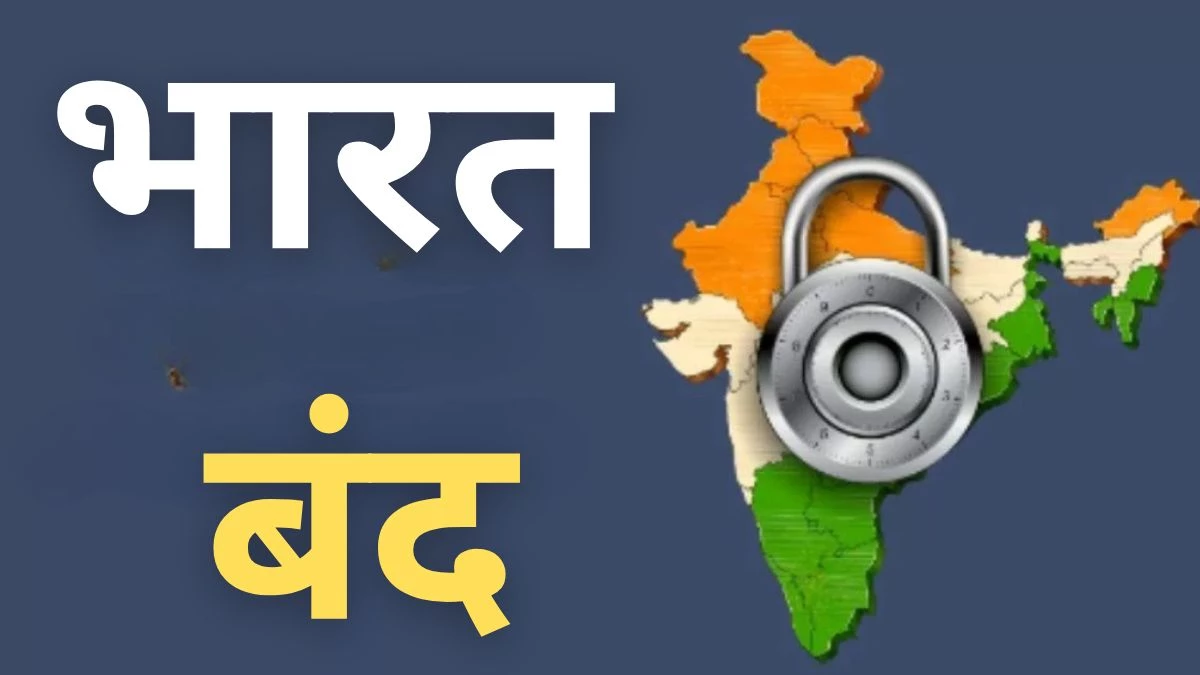Bhubaneswar: In the recent past, there was an important report published in the Global Commission and Economic of Water. In this report it mentioned that the climatic water crisis can be either temporarily or permanently resolved by selling and purchasing of water rights in the water market. We should create a market environment by setting suitable price for the water rights and make this sustainable and environment friendly for everyone. Though this report idea of water market seems very feasible and suitable, the implementation of this can be resulted to be welcoming in countries like America, Chile and Australia.
In the water market it is the provision to grant rights to any individual or organization to trade and use the water resources legitimately. Chile is the first country to implement the national water market. The farmers are able to purchase water from the localities with water resources and from the industries there. This system helps the agriculture during the time of draught and famine. Because of the water market the production in agriculture has increased in Chile. In between 1985 and 2018, in the places where there is the kind of agriculture that requires more amount of water were given the rights for water usage and purchase. As a result of that the production in agriculture increased amply in Atacama and Koki Wimbledon. The same system was also adopted in Moore, in the river basin of Darling in Australia. The farmers are using the water right system there for trading. The central valley of the California also grants permission for the water trading system for the benefit of agriculture. Due to this system the farmers purchase water from the water rich areas to sustain in the famine situations.
This system has shown certain lacunas in Chile as the higher farmers have got more water rights and the smaller farmers are deprived of the rights in water. The rich farmers tend to dominate the water resources whereas the less flourished or the deprived groups are unable to purchase water due to high price. It creates a sheer unfair situation. Chile’s water market system ignores the sections who need more water by giving permission for buying more water to the rich people. In the north Chile’s Limari valley, the water rights is only limited to a few big companies, so the small farmers are suffering in dearth of water during famines. Similar issues occurred in California as well. The rich and powerful patch of people control the whole water market which is why the other small farmers get deprived of water for their needs.
This water market system might one day corrupt the society. The wetlands and the rivers are being adversely affected by using the water in agriculture in Chile. Major environmental disorder is occurring due to excessive water extraction in Australia. There are major collapse of river system, ground water level has decreased, and biodiversity is in danger. California is also facing the same problem as the above two. The water market system has brought both positive and negative outcomes in the areas.
The reserved water has also created a problem because some places in California are not releasing water to the other places. They are waiting to sell the water rights in a higher price. It has created a water crisis in the concerned place and the water deprived places are dealing with more acute situation. So it is urgent to ponder over the unfair and rightfulness of the water market situation. The rich organizations are controlling the water market monopoly. Another challenge is that in most situations, the dispute between the traditional water rights system and the water markets makes the ordeal even more complex to deal with. The water has been commercialized and sold to the big organizations in Chile. Therefore the tribals and the other people who were having the water rights are now displaced. This is nothing but unfair. Many communities consider the water resources as the government properties, but the commercialization of this resource is a real question mark.
The operation of water market aggravates the dispute related to water. But this system surely encourages the reservation and sustainability of water. But the issue of partiality and risk for environmental stability rested by this is undeniable and cannot be ignored. There should be a mutual action be taken to resolve the issue.
|
ReplyForward |




